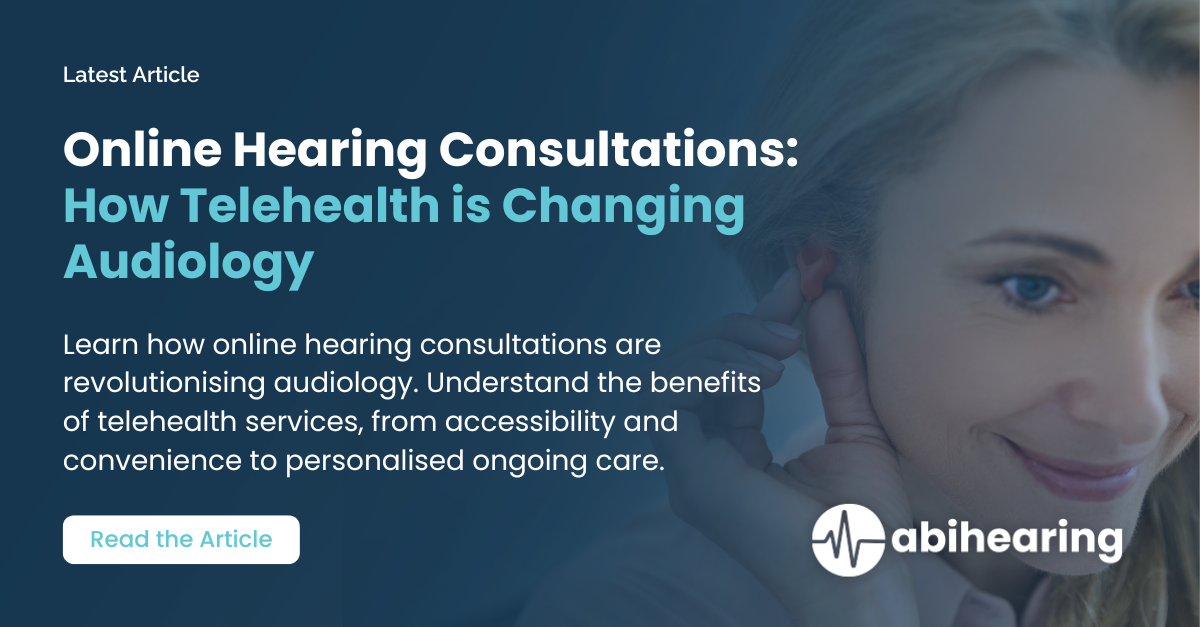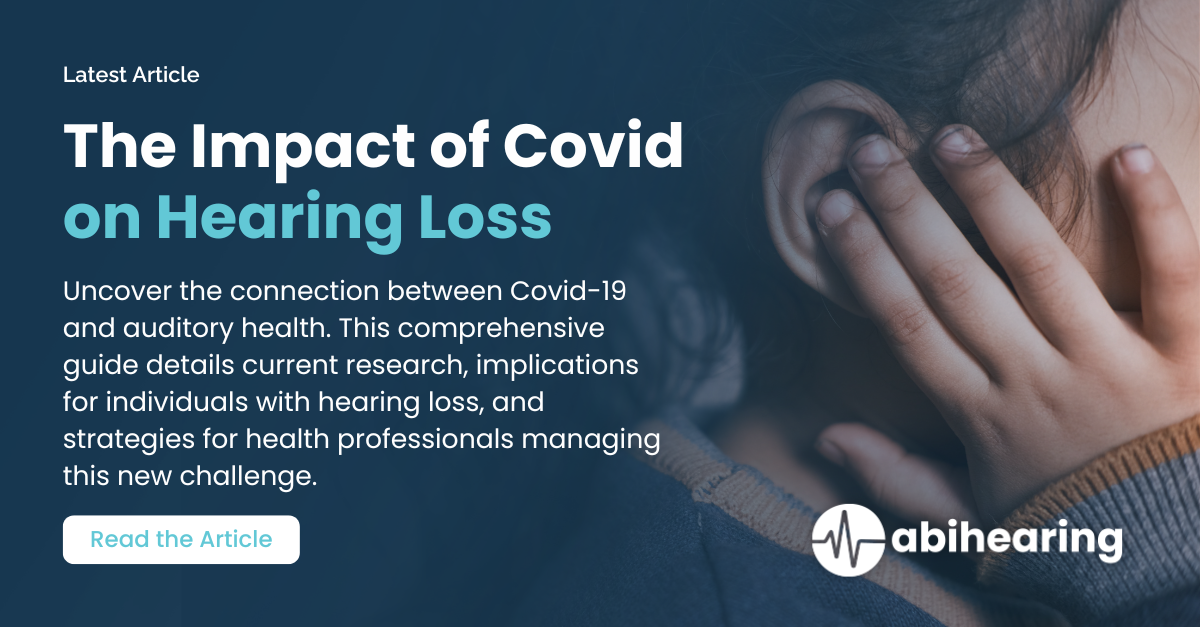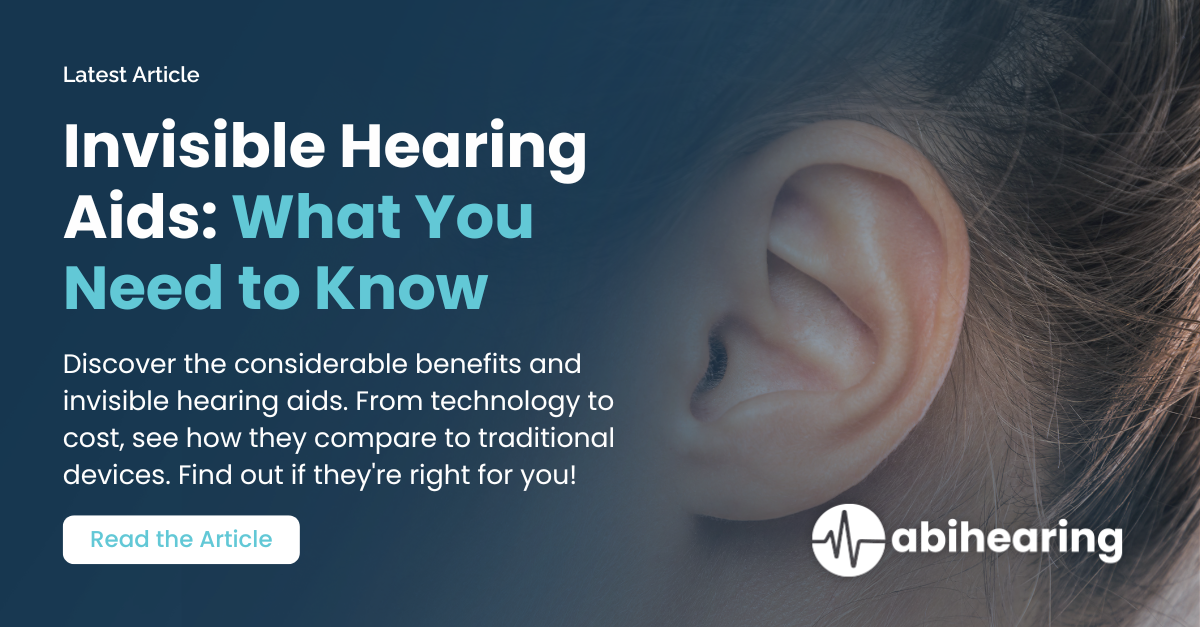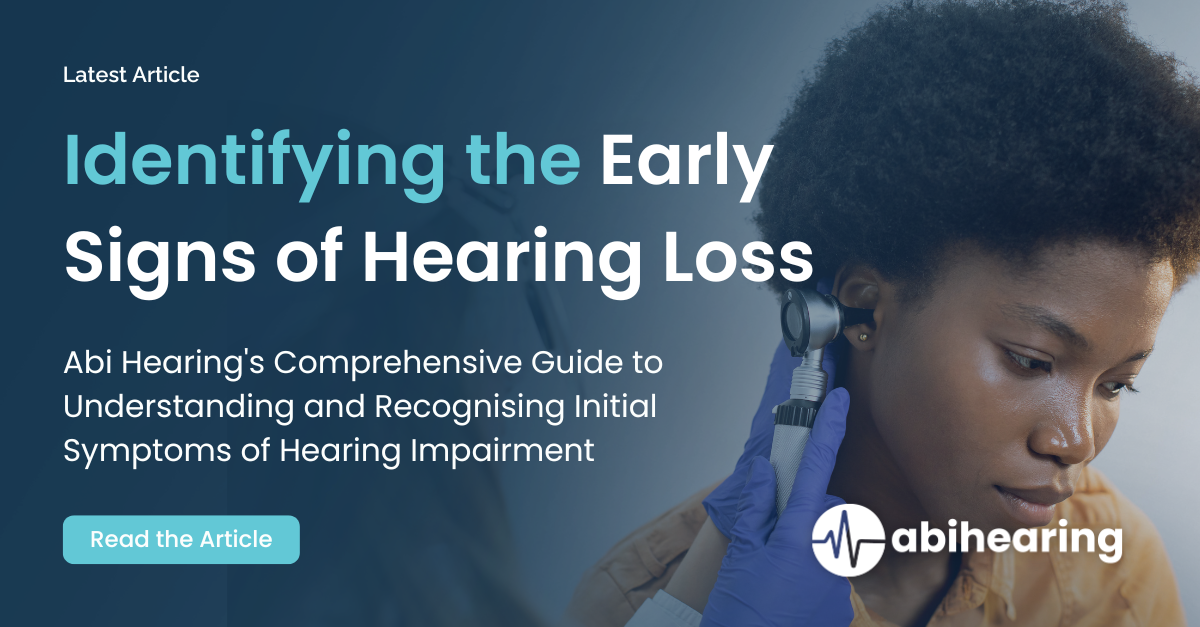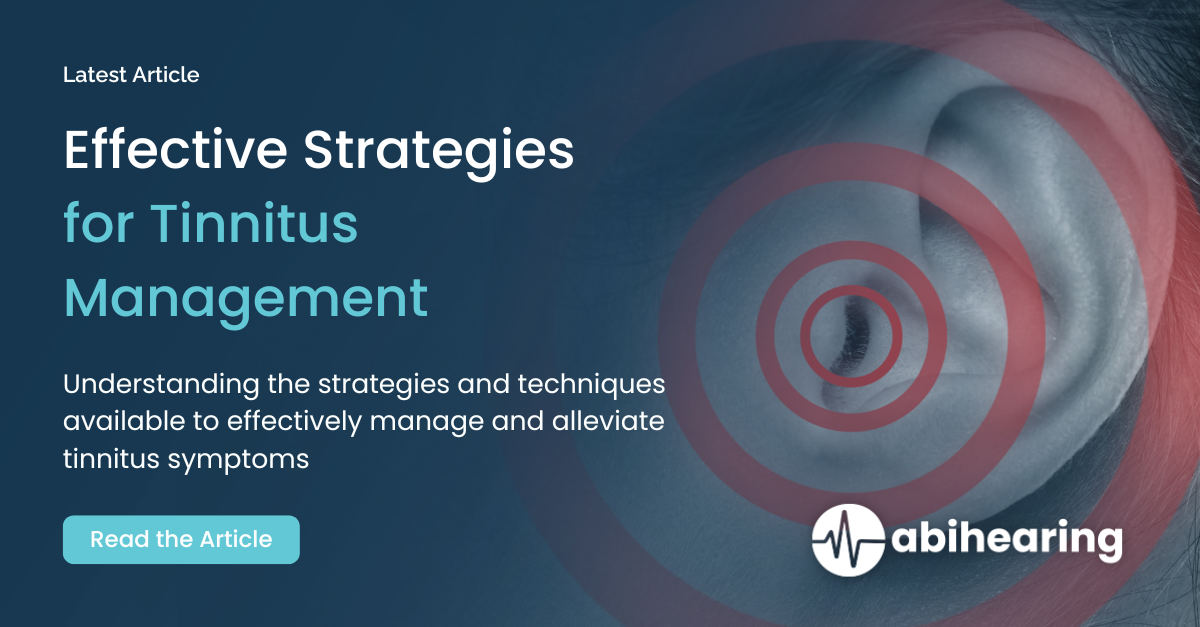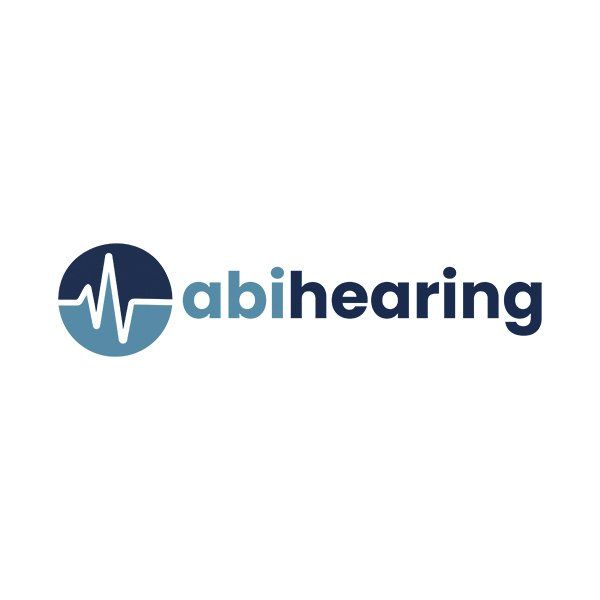What is Presbycusis?
What is Presbycusis?
Presbycusis describes age related hearing loss (60 years and over). This kind of hearing loss occurs slowly over time and begins its impact in the high frequency sounds that provide clarity of speech.
For example, hearing a high pitched alarm may be more difficult than the low rumbling of an engine. As this loss is slow and gradual, often people don’t notice a decline in their hearing for many years.
Presbycusis - Definition and Common Symptoms
Presbycusis is a sensorineural hearing loss which means it is permanent due to cell or nerve damage. It usually occurs bilaterally and symmetrically.
Common symptoms of this kind of loss include:
- Increased difficulty of hearing in places with background noise such as cafes and restaurants
- Feeling like others around you mumble or slur their speech
- Increasing the TV volume louder than usual
- Sensitivity to loud sounds that were not previously irritating
- Bilateral tinnitus (ringing/whooshing/buzzing in the ears)
What causes Presbycusis?
A lack of stimulation to the auditory areas of the brain can result in dormancy. It is important to detect and aid hearing loss swiftly to preserve the neural connections within the auditory system for maximum ongoing speech clarity and discrimination. Current research also demonstrates that older adults with unaided hearing impairment have a 30-40% increase in cognitive decline rates and a heightened risk of developing dementia. Hearing aid users wait on average 10 years before seeking help for their hearing loss which can often lead to increased difficulty communicating, isolation and other health issues.
Managing Presbycusis
Hearing aids are a common solution for hearing loss. Hearing aids help amplify sound so that the volume is comfortable and incoming sound is clear. In recent years hearing aid technology has advanced and they have become very discreet and easy to manage.
Other strategies include:
- Learning how to speech read by using visual cues can aid in improving understanding
- Reducing background noise when attempting to have a conversation such as turning the TV or radio off
- Frequent places with good lighting
- Ensure people are facing you when engaging in discussion
- If you must be in a place with noise, sit yourself with your back to the majority of the noise
What do I do if I suspect I am experiencing hearing loss?
If you are between 55 and 60 years of age and have never had your hearing checked, now is a good time to obtain a baseline evaluation of your hearing.
The team at Abi Hearing have a wealth of experience in diagnosing and treating a wide range of hearing conditions. If you are concerned about your hearing take our
free online hearing test or book an appointment with one of our experienced and friendly audiologists today.


